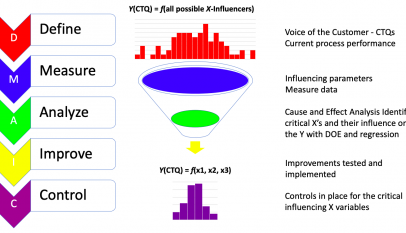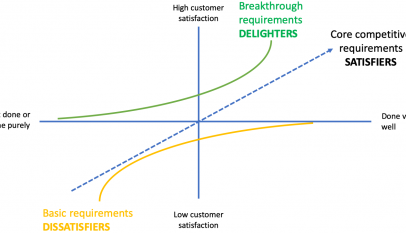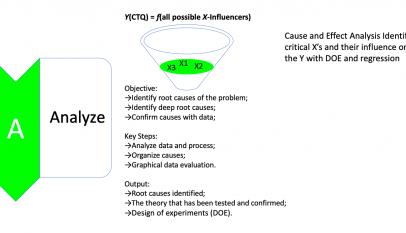Tailored for Visual Learners
Black Friday Sale LSSBB 90% off: https://zbk.li/lssbb
Goal: Become a Lean Six Sigma Consultant
Current Level: Beginner
Total Study Time: 8 Hours
Table of Contents
- Introduction
- Step 1: Knowledge Assessment
- Key Components
- Complexity Levels
- Prerequisites and Dependencies
- Fundamental Concepts
- Step 2: Development of the Study Plan
- Progress Stages
- Optimal Learning Sequence
- Time Allocation
- Step 3: Resource Selection
- Visual Learning Materials
- Resource Effectiveness
- Prioritized Resource List
- Step 4: Practical Structure
- Exercises by Topic
- Real-world Scenarios
- Progress Checkpoints
- Review Intervals
- Step 5: Progress Tracking System
- Measurable Indicators
- Evaluation Criteria
- Feedback System
- Progress Tracking Template
- Step 6: Schedule Creation
- Daily Learning Tasks
- Rest and Review Time
- Checkpoint Assignments
- Balancing Theory and Practice
- Conclusion
- Appendices
- Progress Tracking Template
Introduction
Welcome to your personalized Lean Six Sigma study plan! This manual is designed to guide you through an efficient and effective learning journey, tailored to your visual learning style and your goal of becoming a Lean Six Sigma consultant within an 8-hour timeframe.
Step 1: Knowledge Assessment
Key Components
- Foundations of Lean Six Sigma
- History and Principles
- The DMAIC Methodology
- Key Terminology
- Define Phase
- Project Identification
- Voice of the Customer (VOC)
- Project Charter Development
- Measure Phase
- Process Mapping Techniques
- Data Collection Methods
- Measurement System Analysis
- Analyze Phase
- Root Cause Analysis
- Data Analysis Tools
- Hypothesis Testing Basics
- Improve Phase
- Brainstorming Solutions
- Lean Tools for Improvement
- Implementation Planning
- Control Phase
- Control Plans
- Statistical Process Control (SPC)
- Sustaining Improvements
- Lean Tools and Techniques
- 5S Methodology
- Value Stream Mapping
- Kaizen Events
- Consulting Skills
- Communication and Presentation
- Change Management
- Client Relationship Building
- Certification Preparation
- Green Belt Exam Content
- Study Strategies
- Practice Exams
Complexity Levels
- Basic: Foundations, Consulting Skills
- Intermediate: Define, Measure, Control Phases, Lean Tools, Certification Preparation
- Advanced: Analyze, Improve Phases
Prerequisites and Dependencies
- Foundations are essential for all other topics.
- Each DMAIC Phase builds on the previous one.
- Lean Tools are integrated throughout the DMAIC process.
- Consulting Skills enhance the application of technical knowledge.
- Certification Preparation requires understanding of all prior components.
Fundamental Concepts
- Lean and Six Sigma Principles
- The DMAIC Framework
- Basic Statistical Concepts
- Process Mapping Techniques
Step 2: Development of the Study Plan
Progress Stages and Time Allocation
- Stage 1: Foundations (1 hour)
- Stage 2: DMAIC Phases (4 hours)
- Define (0.5 hour)
- Measure (0.5 hour)
- Analyze (1.5 hours)
- Improve (1 hour)
- Control (0.5 hour)
- Stage 3: Lean Tools (1 hour)
- Stage 4: Consulting Skills (1 hour)
- Stage 5: Certification Preparation (1 hour)
Optimal Learning Sequence
- Begin with Foundations.
- Progress through DMAIC Phases in order.
- Integrate Lean Tools during relevant phases.
- Develop Consulting Skills post technical understanding.
- Conclude with Certification Preparation.
Time Constraints
- Total Available Time: 8 hours
- Plan ensures efficient coverage within time limit.
Step 3: Resource Selection
Visual Learning Materials
- Video Courses
- “Lean Six Sigma Foundations” on LinkedIn Learning
- “DMAIC Process Illustrated” on YouTube
- Interactive Infographics
- Visual guides on 5S, Value Stream Mapping
- DMAIC phase flowcharts
- Interactive Exercises
- Online simulations and process improvement games
- Virtual flashcards with images
- Practical Projects
- Case studies with diagrams
- Templates for visual process mapping
Resource Effectiveness
- High Engagement: Animated video content with real-life examples.
- Interactivity: Hands-on exercises and simulations.
- Relevance: Direct application to consulting scenarios.
Prioritized Resource List
- Video Courses
- Interactive Exercises
- Visual Infographics
- Practical Projects
Step 4: Practical Structure
Exercises by Topic
- Foundations: Create a visual mind map of Lean Six Sigma concepts.
- Define Phase: Develop a project charter using a template.
- Measure Phase: Construct a process map of a daily routine.
- Analyze Phase: Use a fishbone diagram for root cause analysis.
- Improve Phase: Design an improved process map.
- Control Phase: Set up a basic control chart with sample data.
Real-world Scenarios
- Apply concepts to business case studies.
- Role-play consulting interactions with clients.
Progress Checkpoints
- Quizzes after each DMAIC phase.
- Final exercise integrating all phases.
Review Intervals
- Brief reviews after every 2 hours of study.
- Comprehensive review at the end of the plan.
Step 5: Progress Tracking System
Measurable Indicators
- Topic Completion: Track finished topics and exercises.
- Quiz Scores: Aim for 80% or higher.
- Confidence Levels: Self-assess on a scale of 1-5.
Evaluation Criteria
- Successful completion of practical exercises.
- Achievement of target quiz scores.
Feedback System
- Utilize answer keys and explanations.
- Maintain a reflective journal for areas needing improvement.
Progress Tracking Template
See Appendix A for the template.
Step 6: Schedule Creation
Daily Learning Tasks
Day 1 (2 Hours)
- Hour 1: Foundations
- Hour 2: Define Phase + Exercise
Day 2 (2 Hours)
- Hour 1: Measure Phase + Exercise
- Hour 2: Analyze Phase Part 1
Day 3 (2 Hours)
- Hour 1: Analyze Phase Part 2 + Exercise
- Hour 2: Improve Phase + Exercise
Day 4 (2 Hours)
- Hour 1: Control Phase + Exercise
- Hour 2: Lean Tools, Consulting Skills, Certification Preparation
Rest and Review Time
- Breaks: 10-minute breaks each hour.
- Daily Review: 15 minutes at the end of each day.
Checkpoint Assignments
- Complete quizzes and update the progress tracker at day’s end.
Balancing Theory and Practice
- Combine video lessons with practical exercises daily.
Appendix A: Progress Tracking Template
| Topic | Date Completed | Quiz Score (%) | Exercise Completed (Yes/No) | Confidence Level (1-5) | Notes |
|---|---|---|---|---|---|
| Foundations | |||||
| Define Phase | |||||
| Measure Phase | |||||
| Analyze Phase | |||||
| Improve Phase | |||||
| Control Phase | |||||
| Lean Tools | |||||
| Consulting Skills | |||||
| Certification Prep |

















